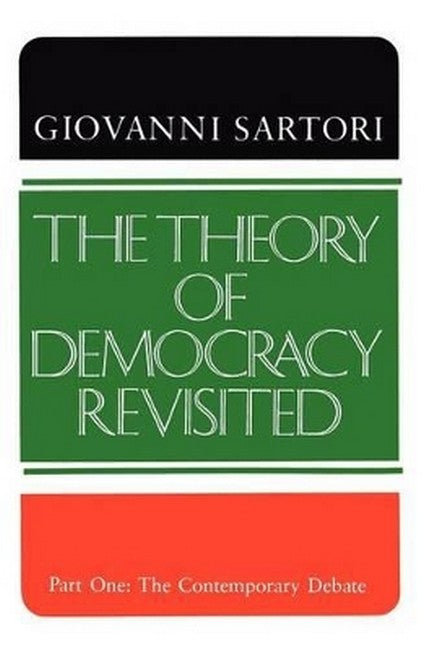Part 1 The contemporary debate: can democracy be just anything? - the age of confused democracy, description and prescription, political and other democracies, outline, a coda on theory; etymological democracy - the meaning of people, the people in mass society, power of the people and power over the people, limited majority rule, the Lincoln formula; the limits of political realism - what is pure politics?, warlike versus peacelike politics, facts and values in Benedetto Croce, Mosca, Pareto and Michels, realism versus rationalism, rational democracy and empirical democracy; perfectionism and utopia - the misunderstanding of deontology, myth and utopia reconsidered, self-government and the politically impossible, the role of ideals, maximization, opposite danger, and inverted results, the revolution as myth, ideals and evidence; governed democracy and governing democracy - public opinion and government by consent, the issue of consensus, the formation of opinons, autonomy versus heteronomy of public opinion, electoral democracy, participatory democracy, referendum democracy and knowledge, government and ungovernability; vertical democracy - majority principle and minority rule, the Tyranny of the majority, election, selection and mal-selection, minorities and elites, minority rule - from Mosca to Dahl, the iron law of Oligarchy, the competitive theory of democracy, anti-elitism revisited, polyarchy defined normatively; what democracy is not - contraries, contradictories, and degrees, authoritarianism, authority and power, total state, democracy and absolutism, totalitarianism, dictatorship and autocracy; a decision-making theory of democracy - the nature of political decision, external risks and decisional costs, outcomes and decisional contexts, intensity of preference and majority rule, committees and unanimity, committees, participation and demo-distribution, consociational democracy, a coda on the cost of idealism.

